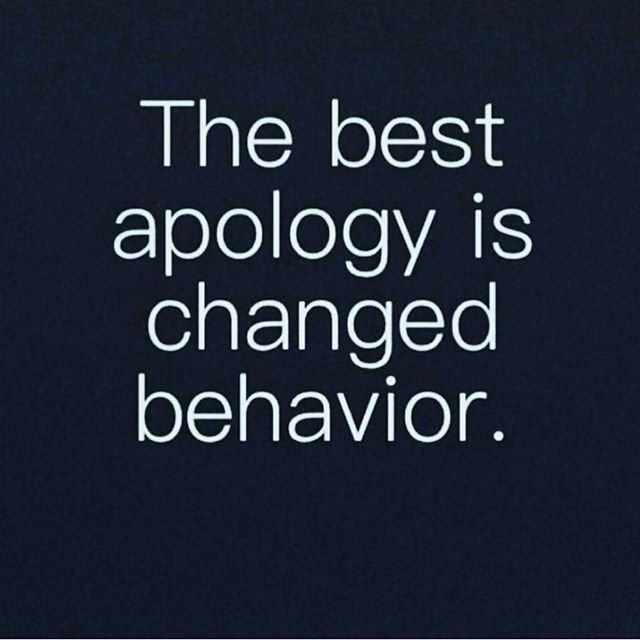A Brief History To Understand Social Psychology

Image Source
The soonest stirrings of social psychology can be followed to a group of scholars in Germany who were impacted by the philosopher Hegel. They called themselves folk psychologists. In 1860, Steinthal and Lazarus established a diary gave to this Volkerpsychologie that distributed hypothetical and truthful articles. Not at all like general psychology, which was created later by Wilhelm Wundt to center around the individual mind, folk psychology managed the investigation of the collective mind.
This idea of collective mind was translated in clashing routes by Steinthal and Lazarus, which means from one viewpoint a societal state of mind inside the individual and on the other a type of transindividual mentality that could incorporate an entire group of individuals. This thought has been known as the group mind and picked up notoriety in the 1890s and early 1900s through crafted by the French writer Gustav LeBon and later the English clinician William McDougall.
In marginally extraordinary ways, contended that individuals in swarms and maybe some other collective or group circumstances carry on antisocially and forcefully in light of the fact that they are under the control of a group mind. This thought individuals are changed by group circumstances is a subject that has swarmed social psychology, in various courses, from that point onward. For instance Muzafer Sherif demonstrated how social interaction produces standards that persist to direct individuals' behavior.
Henri Tajfel and John Turner recognized social identity which is related with group procedures and personal identity which is related with interpersonal procedures. Philip Zimbardo portrayed the way that individuals in groups can lose their feeling of distinction and personal obligation and relapse to a more crude and imprudent state and afterward carry on forcefully.

Image Source
An early issue was whether social psychology ought to be a topdown science, where the emphasis was on how societal procedures impact the person's psychology. Or on the other hand would it be advisable for it to be a bottomup science where the emphasis was on how singular psychology impacts societal level? Two French sociologists wrangled about this – Emile Durkheim championed the previous approach, Gabriel Tarde championed the last mentioned. Tarde's approach foreseen the resulting tone of social psychology all the more precisely – he recommended that a science of social behavior must get from laws that arrangement with the individual case.
Social Psychology as Science
Social psychology, appeared to have its underlying foundations initially in sociology and, as student of history Robert Farr watched, the investigation of society was being lured by psychology overall that was rapidly building up itself as an experimental science. Willem Wundt had set up a mental laboratory at Leipzig in 1879 to give an experimental premise to psychology in Germany, and by 1910 there were 31 such laboratories over the United States.
For social psychology the watershed production was Floyd Allport's plan for social psychology. Expanding on Watson, Allport contended that social psychology would thrive just in the event that it turned into an experimental science. Soon after, Gardner Murphy and Lois Murphy felt legitimized in creating a book really entitled Experimental Social Psychology.
As an issue of both interest and contention, social psychology's first experiment is frequently distinguished as Norman Triplett's investigation of how individuals can put more exertion into an assignment when other individuals are available as spectators or contenders.
Essential scientific bodies of social psycholoy:
- Society for Personality and Social Psychology
- European Association of Social Psychology

Image Source
The development of the train has been set apart by various patterns, watersheds and classic research programs. An early and continuing spotlight has been on individuals' attitudes, how to gauge them, how they are organized in mind, how they are identified with behavior and how to transform them. For sure, in the early days a few scholars even likened social psychology with the scientific investigation of attitudes. All the more unobtrusively, one of social psychology's classic research programs was about attitudes. The Yale state of mind change program, drove via Carl Hovland, was intended to reveal the hypothesis and procedures of purposeful publicity.
Another early and extremely persuasive spotlight has been on the behavior of individuals in groups. Kurt Lewin, frequently thought about the father of experimental social psychology, played a key part in the investigation of group forms. He led early classic investigations of administration in groups and went ahead to establish in 1945 an exploration focus committed to the investigation of group progression.
Social psychologists have dependably been interested by they way we see and consider other individuals, for sure social cognition is most likely the overwhelming manner by which social psychologists approach social psychology. This approach has its foundations in early classic research on how we see individuals, social observation, by Fritz Heider and Solomon Asch. In the 1960s, it was driven by Ned Jones, and concentrated on the causes and results of the sorts of causal clarifications we make of individuals' behaviors.
In 1980 Richard Nisbett and Lee Ross distributed a classic book that widened the dispatch of social cognition to focus on the mental alternate ways utilize when make cognitive derivations about individuals and groups. Most as of late, social cognition analysts have begun examining the neuropsychology of social behavior.

Image Source
References:
Defining Social Psychology: History and Principles
Social Psychology
Social Psychology - Floyd Henry Allport
A Study of the Popular Mind – Gustave Le Bon
Behavior in Social Relations
John B. Watson
Yale Attitude Change Approach
Social Neuroscience
Posted from my blog with SteemPress : https://steemme.000webhostapp.com/2018/06/a-brief-history-to-understand-social-psychology